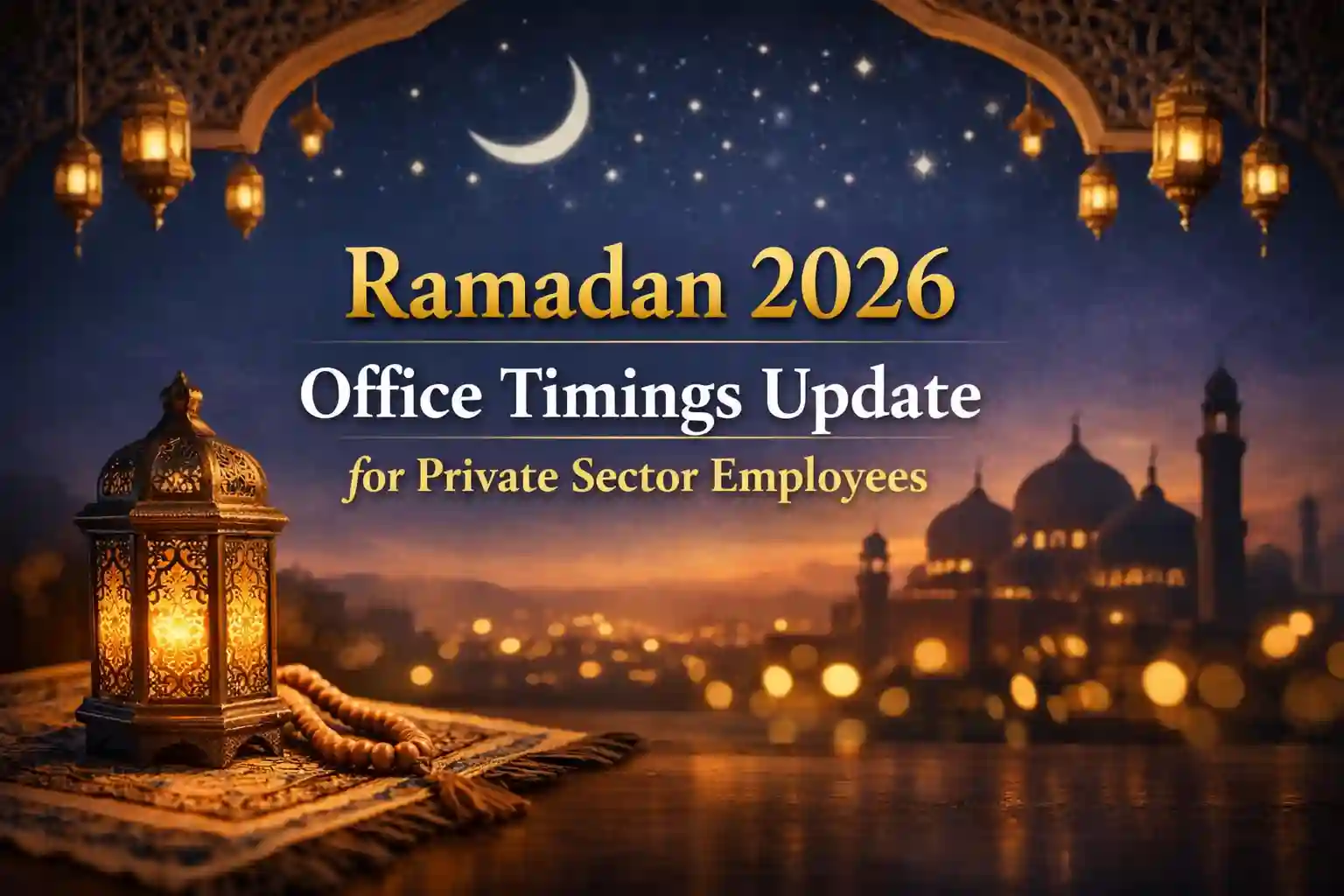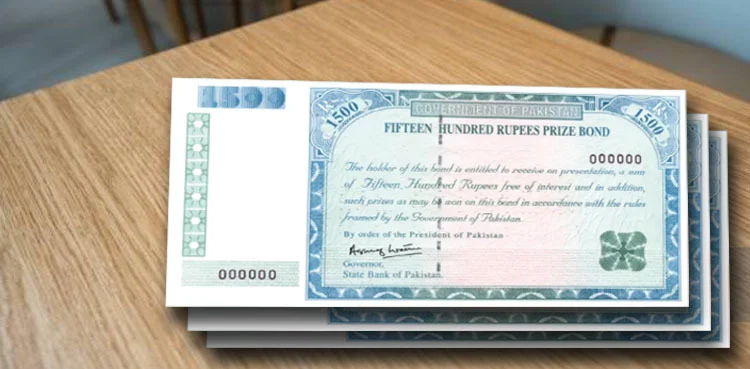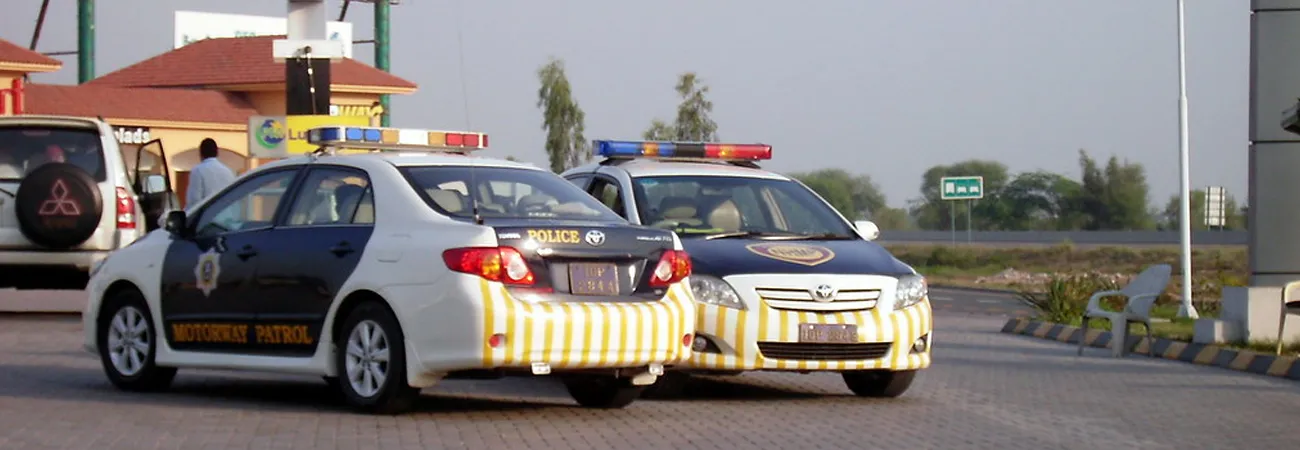“We must elevate ourselves, both individually and collectively, to shape the destiny of our nation,” Mushaal asserted.
Mushaal warns of RSS-driven cultural assault on Kashmiris. Mushaal Hussein Mullick, wife of senior Hurriyat leader Mohammad Yasin Malik, raised a strong alarm over India’s ongoing efforts to suppress Kashmiri culture, calling it a blatant manifestation of a “cultural war” designed to erase the unique identity and heritage of the Kashmiri people in Indian Illegally Occupied Jammu and Kashmir (IIOJK).
Addressing an event organized by the International Regional Studies (IRS) titled “Leveraging Pakistan’s Cultural Diversity to Foster Peace Within and Without,” Mushaal condemned the assault on Kashmir’s cultural fabric as a direct consequence of India’s aggressive policies aimed at crushing the spirit of the Kashmiri people.
As Chairperson of the Peace and Culture Organisation, she called on the international community and United Nations bodies to take urgent notice of the ongoing RSS-led “cultural genocide” against Kashmiris. Mushaal emphasized that the Rashtriya Swayamsevak Sangh (RSS) is hell-bent on imposing a homogeneous Hindu culture on the diverse, pluralistic society of Kashmir. This effort, she said, is evident in the systematic suppression of Kashmiri art, literature, music, and cultural traditions.
“The Indian government’s genocidal policies have been ruthlessly killing Kashmiris and erasing their cultural identity. But we are resolute in our belief that the Narendra Modi-led Hindutva regime will not succeed in its nefarious designs,” Mushaal stated, stressing the need for international action to prevent further cultural and human rights violations.
Mushaal also pointed out that Pakistan’s rich cultural diversity could be an influential tool for conflict resolution, bridging divisions, and promoting a peaceful and inclusive image of the country on the global stage. She stressed that Pakistan’s pluralistic heritage could serve as a powerful counter-narrative to the rising tide of extremism in the region.
“We must elevate ourselves, both individually and collectively, to shape the destiny of our nation,” Mushaal asserted. “Today, we are not just celebrating the richness of our cultural diversity but reimagining it as a source of strength. As we navigate a world fraught with polarization, this dialogue is essential.”
Reflecting on Pakistan’s cultural richness, Mushaal encouraged citizens to view diversity not as a challenge to be overcome, but as a gift to be celebrated. She quoted the famous Sufi poet Rumi, saying, “Don’t you know yet? It is your Light that lights the worlds.”
Drawing parallels between Kashmir’s struggle and Pakistan’s own diverse identity, Mushaal highlighted that the nation’s history is one of unity in diversity, with cultural intersections that have shaped a pluralistic society. “Kashmir’s folk music, cuisine, and handicrafts are not just expressions of art, they are symbols of resistance and resilience in the face of oppression,” she said.
She also emphasized that culture has the power to transcend political, social, and ideological boundaries, urging the international community to understand the implications of India’s actions on Kashmir’s cultural autonomy.
“Just as Kashmiri art and traditions humanize their struggle to the world, Pakistan’s broader cultural wealth tells a narrative of resilience, unity, and progress,” Mushaal added.
Concluding her speech, she appealed to the world to stand with Kashmir and its people, urging India to respect the cultural autonomy and identity of Kashmir. Mushaal’s impassioned plea called for greater global awareness and action to safeguard the rich cultural heritage of Kashmir and ensure that its people are not further marginalized in the face of oppression.





